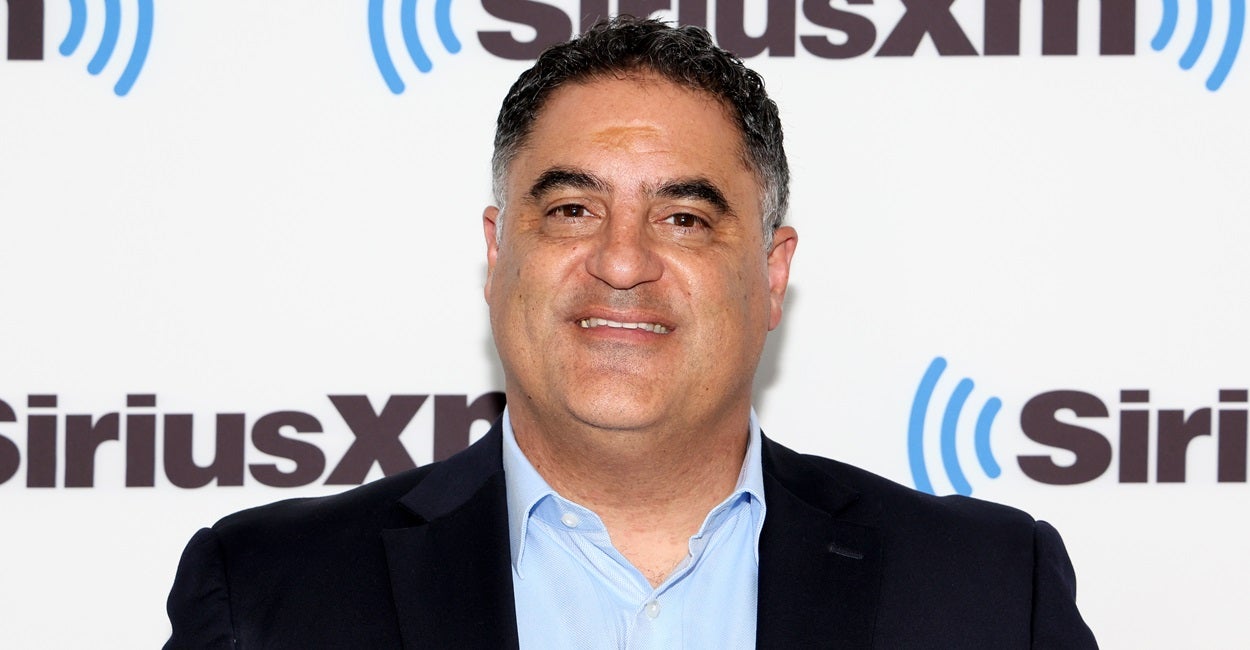Hearings on City of Industry battery-recycling plant could sway decision on draft operating permit
A battery recycling plant in City of Industry is focus of hearing by Dept. of Toxic and Substances Control on Sept. 14.

A lead-acid battery recycling plant operating in City of Industry cited over the years for releasing toxic emissions in the air and violating laws for handling hazardous waste will be the focus of a public hearing in Hacienda Heights on Saturday, Sept. 14 held by the state Department of Toxic Substances Control.
Ecobat Resources California, Inc., formerly operated as Quemetco, Inc., which recovers lead from spent lead-acid vehicle batteries — a hazardous waste — in late 2022 settled a lawsuit from the Department of Toxic Substances Control (DTSC) for 29 violations of hazardous waste laws and other violations by agreeing to a $2.3 million settlement.
Between 2017 and 2019, the plant was issued two notices of violations for going above permitted levels of arsenic emissions. Arsenic is a known human carcinogen.
The court settlement, Ecobat’s agreement to resolve past violations raised by DTSC — and a $50 million investment in new pollution control equipment since 2008 — led many to conclude these actions prompted the DTSC to issue two draft permits in July.
One draft permit is for operating the plant along with additional restrictions. The plant had been operating on an August 2005 permit that technically expired in 2015. A second draft “post-closure permit” requires the company to monitor groundwater for any toxic contaminants near two closed areas and sample the facility perimeter for 13 years.
The 13-acre facility, at 720 South 7th Ave. in City of Industry roughly 15 miles east of downtown Los Angeles, demolishes 600 tons of lead-acid automotive batteries per day, according to a 2019 report from Los Angeles County.
It’s the only operating lead battery recycling plant west of the Rocky Mountains. A similar facility, Exide in Vernon, closed in 2015 and went bankrupt.

Both DTSC draft permits triggered a 120-day period for public comments and review. DTSC will prepare written responses to comments and issue a notice of the final decision to either approve the draft permits as is, approve the draft permits with changes based on comments from the public, or deny Ecobat’s permit renewal requests, according to the DTSC community meeting notice.
“The draft permit raises the standards for Ecobat to address ongoing community concerns about current and past operations,” said DTSC Director Meredith Williams in a prepared statement. “Its provisions are designed to ensure lead-acid battery recycling is conducted with the appropriate safeguards in place. We look forward to ongoing engagement and feedback before making any final decisions.”
At Saturday’s in-person meeting, DTSC is scheduled to discuss the permit process, the two draft permits including the operation permit, corrective actions, the post-closure draft permit and take public comments from those in attendance.
The DTSC will hold a second public hearing on Wednesday, Oct. 23, 2024, at the La Puente High School Gymnasium, 15615 Nelson Ave. E, La Puente, CA, 91744. The meeting will take place from 5:30 p.m. to 8:00 p.m. The comment period lasts until Nov. 18, then DTSC will review and respond to all comments, said Elizabeth Leslie Gassaway, DTSC spokesperson in an email on Friday, Sept. 13.
The permit conditions applied by DTSC add numerous operating restrictions. The state agency says the restrictions will prevent further releases of cancer-causing chemicals.
The draft permits, not yet a done deal, require Ecobat to do the following:
• Come up with a plan to further investigate “historical lead emissions that may have impacted residents’ yards nearby.”
• Conduct soil samples around the facility’s perimeter and also within 0.7 miles surrounding the plant.
• Stop using a building that contained hazardous waste — namely stored old car batteries, some of which have been crushed — until it can build and install leak detection systems.
• Install a new air pollutant monitoring station within the community. And then make its data on air toxic components and levels available to the public.
The DTSC also requires that the company sets aside $25.3 million, up from $8.5 million, to pay for cleanup relating to closure.
“The company is proud to be the cleanest lead recycling facility in the world, and it continually meets or exceeds all applicable environmental standards and requirements,” said Ecobat officials. according to a statement released in 2023.
The Clean Air Coalition of North Whittier and Avocado Heights is opposed to the draft permits. An email blast asks residents of Hacienda Heights, Avocado Heights, La Puente, Bassett and North Whittier to voice their opposition to the draft permits at the Saturday meeting.
“The coalition is concerned about unresolved environmental and health issues that impact local communities, including high levels of lead contamination in soil,” said the group in an email.

Joining the community group is Active San Gabriel Valley, (Active SGV), which also urged its membership to voice their opposition to the permits. The group, which has about 5,000 members, mostly advocates for safer streets and bikeway projects.
“This is not just a hyper, local issue,” said Wes Reutimann, the group’s founder, on Sept. 13. “It is a regional issue. We are sharing the same actions and calls for support as those groups.”
Public hearings and comments
• Saturday, Sept. 14, 2 p.m. to 4 p.m., Hacienda Heights Community and Rec Center, 1234 Valencia Ave., Hacienda Heights 91745.
• Wednesday, Oct. 23, 5:30 p.m. to 8 p.m., La Puente High School Gymnasium, 15615 Nelson Ave. E, La Puente 91744.
• Comments: Email to: Sam.Coe@dtsc.ca.gov. Written: Sam Coe, DTSC Project Manager, 8800 Cal Center Drive, Sacramento, CA 95826. Website: www.dtsc.ca.gov/ecobat-public-comment/
• Deadline: All comments must be received no later than 11:59 p.m. on Nov.18.



















